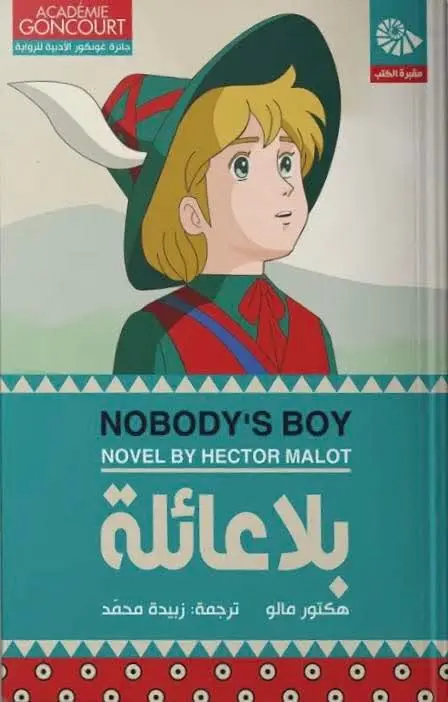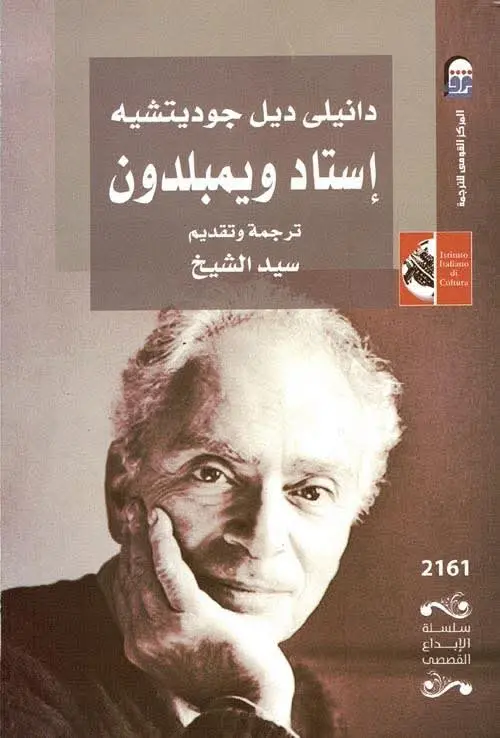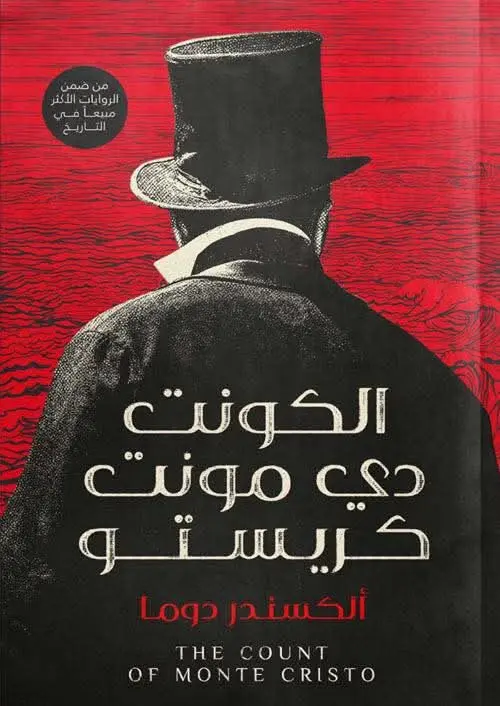
Without Family
د.م. 70,00 – د.م. 220,00
"Sans Famille" (Sans famille) est le voyage d'un enfant orphelin qui recherche son identité dans un monde dur, plein d'aventures et de leçons. Rémi est confronté à l'itinérance et à l'injustice, mais il rencontre des personnes qui lui apprennent la signification de l'amitié et de la loyauté. Le roman met en évidence le pouvoir de la volonté et la valeur de l'appartenance, tout en soulignant le fossé social dans la France du XIXe siècle. Il offre une histoire émouvante sur l'espoir et la recherche de soi, avec une intrigue qui combine réalisme et symbolisme. Un livre classique qui convient à tous les âges et qui nous rappelle que la bonté demeure malgré la dureté de la vie. 🌍❤️📖
Description
The novel “Sans Famille” (Without Family) is a moving story of an orphan child named Rémi who struggles to discover his identity in a harsh world. His journey begins from an orphanage to the French countryside, where he faces homelessness and injustice, but he meets characters who teach him the meaning of friendship and loyalty. The novel shows the details of his daily life with a wandering musician and pets, and how he deals with challenges without losing his faith in goodness.
The writer Hector Malot weaves events full of emotions, focusing on human values such as sacrifice and tolerance. The novel highlights the gap between social classes in the nineteenth century, while maintaining a tone of hope that shows the power of will. The novel is considered a mixture of realism and symbolism, where Rémi’s physical journey turns into a journey in search of belonging and family.
The book is one of the classics of French literature, and its story has been turned into many works of art because of its human depth. The novel provides lessons in patience and perseverance, while highlighting the role of art and music as a bridge for communication between people. The narrative language is simple but emotional, making it suitable for all ages despite its classification as children’s literature.
The events address issues of orphanhood and child abuse, but at the same time, they offer a message of hope that goodness can triumph. The precise details of French rural life show the depth of the author’s search for realism, with the addition of a novelistic touch that attracts the reader.


























Avis
Il n’y a pas encore d’avis.